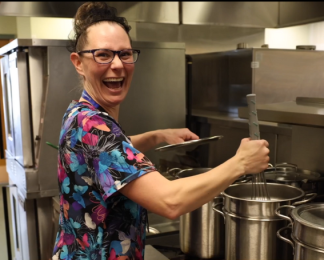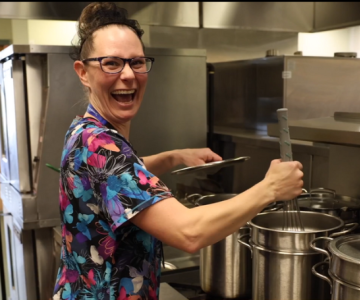What is sexual assault?
Sexual assault is when someone touches your body in a sexual way without your consent (including when unable to consent). It includes all unwanted sexual acts, such as kissing and fondling, not just intercourse or oral sex.
Sexual assault is not about sex. It is an act of violence and can happen to anyone regardless of age or gender.













